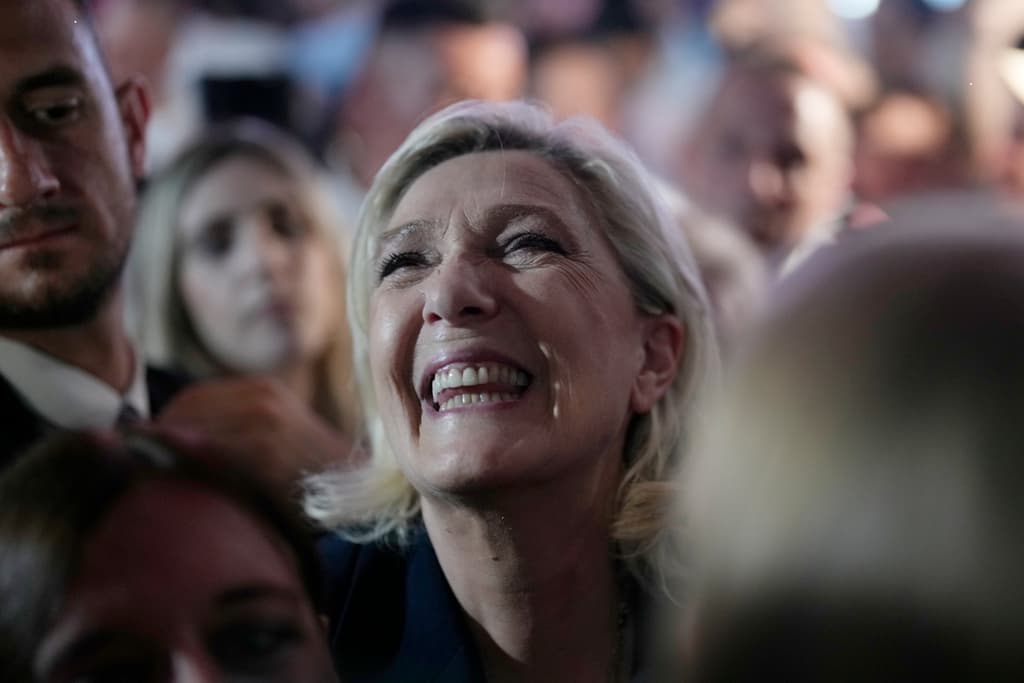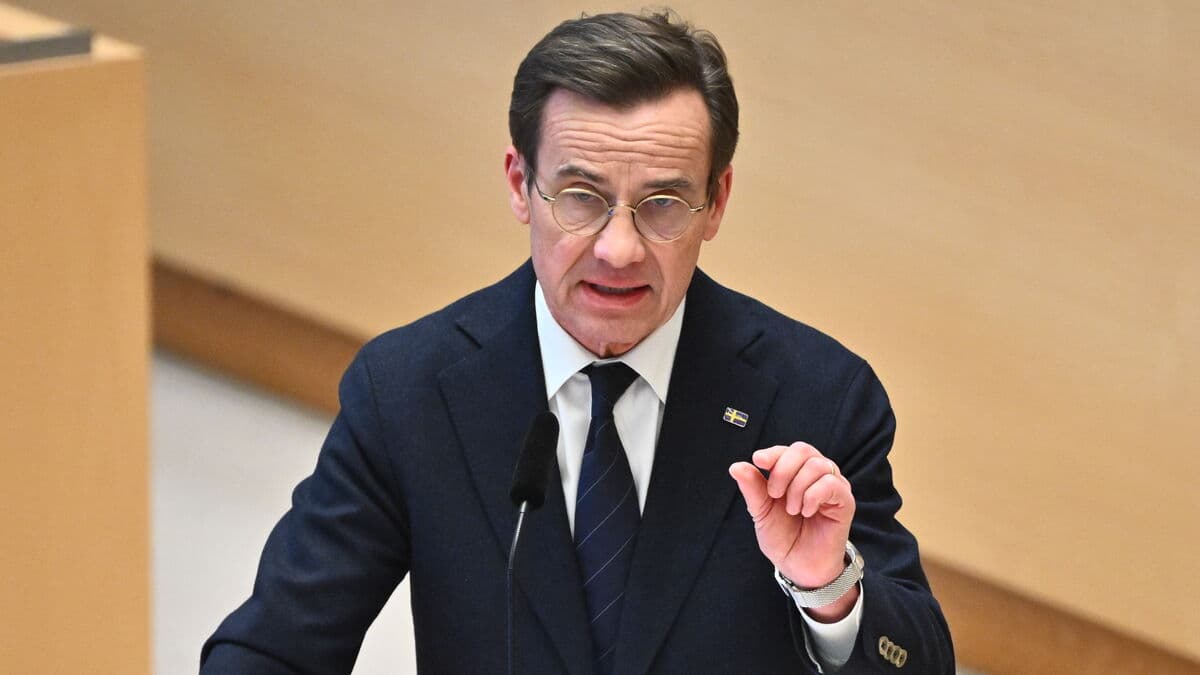Success for both the far-right and the far-left in the first round of the French election indicates that the second round may be a nail-biter.
Now, a week of tactics and rallying is ahead to lure the French back to the polling stations.
"Historic election, historic voter turnout", writes TV channel BFMTV on its website, referring to the unusually high voter turnout in the first round of the French parliamentary election.
BFMTV and several other media outlets estimate the voter turnout to be around 66 percent. The last time France saw a similar voter turnout in a parliamentary election was over 20 years ago.
This is a sign of how seriously the French voters view the situation, says Göran von Sydow, head of the Swedish Institute for European Policy Studies (Sieps).
Three candidates
The first round was a major success for the far-right party National Rally (RN), which became the largest party. But the election is not over, and the result is not clear. The parties have until Tuesday evening to announce which candidates they will put forward in the single-member constituencies in the second round, which will be held on Sunday, July 7.
Now, a lot depends on how the parties think strategically and tactically in terms of alliances in different constituencies. This election has really reinforced the trend in French politics: that there are three blocks facing each other.
The high voter turnout had the effect that three candidates went through in several constituencies – one from each alliance.
Gambit did not pay off
There have been signals from the left-wing alliance and (President Emmanuel) Macron's centrist movement about how to cooperate to maximize the chances of beating back against RN. If both put forward candidates, the likelihood is that RN would get a majority. But if they instead withdraw their candidates, they can mobilize a "republican front", says Göran von Sydow.
Such a "republican front" means that the parties come together to stop the successes of RN. But if the left-wing alliance NFP, which includes both the old social democratic ruling party PS and the now larger and more radical left LFI, manages to agree with Macron's block to withdraw their candidate in order to win over voters to the other, they could block RN.
Regardless of the election outcome, Macron's role is significantly weakened, according to von Sydow.
After seven years of dominance on the French political scene, it is clear that his gamble to call new elections has not paid off.






